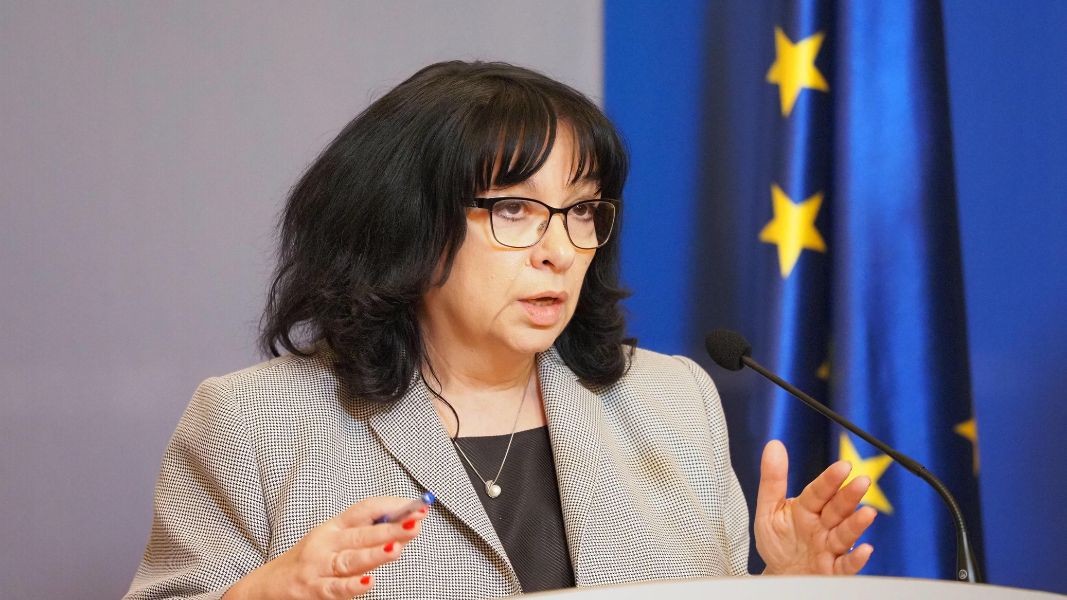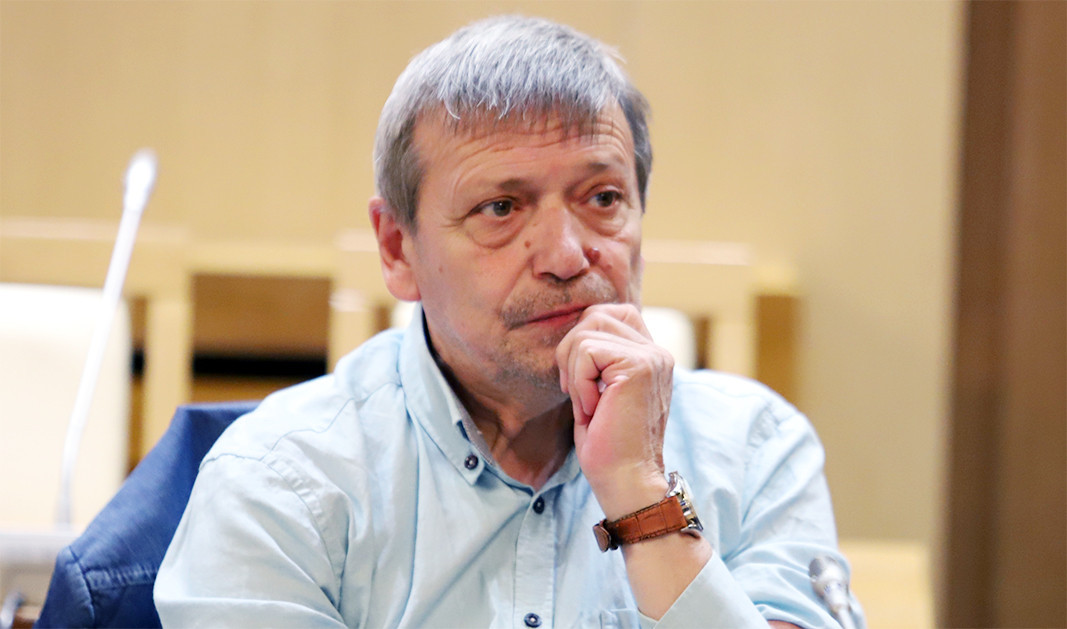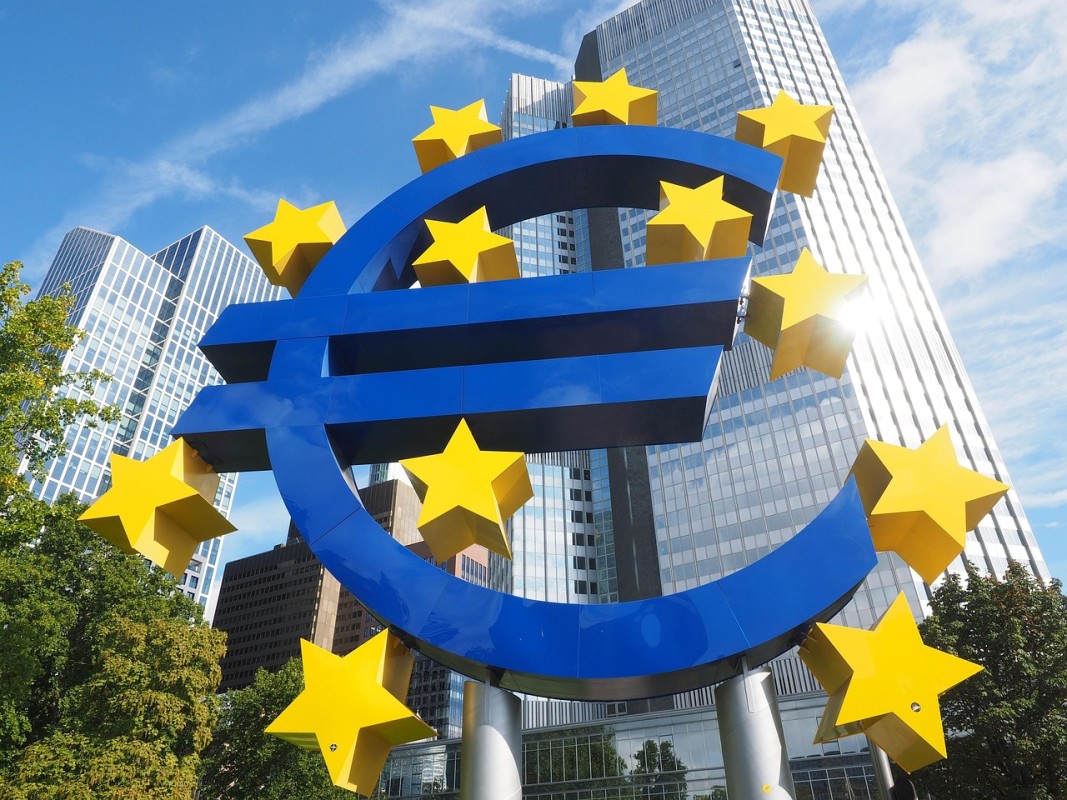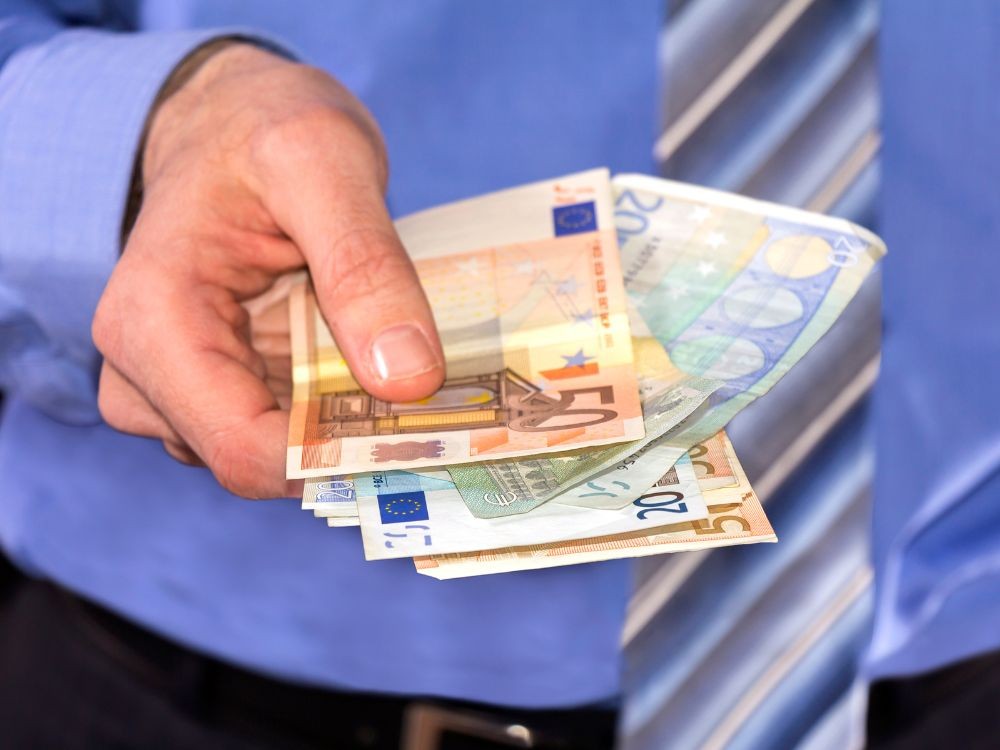A little less than a month ago, Minister of Finance Temenuzhka Petkova presented, in Brussels, the headway Bulgaria has made along the road to joining the Eurozone. There, she stated that with its prudent fiscal policy, the country had earned its membership long ago, and that was why we are expecting to join on 1 January, 2026.

One week later, in a bid to speed up the procedure, Bulgaria sent a letter to European Commission President Ursula von der Leyen and to the President of the European Central Bank Christine Lagarde requesting an extraordinary report on Bulgaria’s convergence – a procedure that is in accordance with a decision of the National Assembly from July last year for speeding up the process of preparation for adopting the euro in Bulgaria. This put the adoption of the single European currency back on the agenda, which in turn heated up political emotions. The adoption of the euro has effectively split society in the country right down the middle, with some passionately defending the Bulgarian Lev. For the younger generation, however, introducing the Euro will not spell any significant change.
“Bulgaria is, to all intents and purposes, part of the Eurozone because of the currency board, which has been in place since 1997, when the Bulgarian Lev was first pegged to the Deutsche Mark, and then to the euro,” says Krassen Stanchev, one of Bulgaria’s foremost economists, in an interview with the BNR’s Horizont channel. In fact, Bulgaria assumed the commitment to join the Eurozone by force of its EU membership agreement from 2005, he adds.
“Now, if the argument (against the euro – editorial note) is to preserve the independence of the Bulgarian National Bank (BNB) and of the Lev respectively, then it should be said that the BNB has always been independent of outside factors, and that the period of dependence was brief – from the foreign debt default in March 1990 up until 1 March, 1997 when the central bank fixed the exchange rate at the same level as it is now.”
But what is actually obstructing Bulgaria on the way to its admission to the Eurozone, and what are we to expect of the convergence report Bulgaria has requested? 
“A problem has been taking shape in this country which could prove an obstacle to our receiving that approval Eurozone report, and it is the problem surrounding the budget deficit,” explains Stoyan Panchev from the Expert Club for Economy and Politics. “We’ve had our new finance minister state that there is an unpaid sum of around 4 billion Leva from Budget 2024. Economists in this country generally agree that things in the draft budget for the current year are not realistic, especially with regard to revenues. I would really like to know what the European Central Bank and the European Commission are going to say in the convergence report about the controversial elements connected with the accrual deficit from 2024, and more specifically Budget 2025 when it is adopted. We are running ahead of ourselves a little bit, saying – here we are, we’ve entered (the Eurozone) because inflation may be within the norms, in accordance with the Maastricht criteria, but the budget deficit is beginning to get beyond these criteria.”
Stoyan Pancherv believes that the Eurozone is one of the big mistakes of the EU but that it is wrong to turn any negativism regarding the single European currency into skepticism regarding the functioning of the EU as such. 
“I believe that the European Union is a good idea, and the free movement of capital and people is something that is boosting the growth of the economy on the continent, and in Bulgaria,” he says. “I believe that many of the positive effects (the adoption of the euro would bring to the country) are already in place with the introduction of the currency board in the country. Thanks to the currency board, even though we are not part of the Eurozone, we have preserved a flexibility which, in finance is called optionality, and which affords us an opportunity to react to any kind of problems that could occur inside the Eurozone itself.”
Entry into the Eurozone is going to double prices, people’s incomes are going to drop and Bulgarians will grow poorer, and the economy will go into reverse because it is not competitive and is not prepared for the Eurozone – these are just some of the fears an uncertain future is stoking. But the fact is that no targeted information campaign has so far been conducted in connection with the introduction of the euro in Bulgaria. Bulgarians have their own sources of information about the euro – often friends and relatives living abroad, or social media, a Radio Bulgaria vox pop shows. 
“Adopting the euro would only mean more stress, the Eurozone is in crisis as it is,” Says Tanya Mihailova, a shop owner from Sofia. “I think we’ve gone through enough crises these past few years, and an additional crisis is not going to help at the moment.”
“That business with the euro is only meant to distract us from all the other problems we have,” says Vladislav Yordanov from Sofia. “Besides, the Eurozone is in debt up to 300% and we want to enter it to pay off their debts. The poorest paying off the debts of the richest, is that what we want?”
“I am neutral, though I am a supporter of the euro because we need a change of currency. The value of the Lev has dropped quite a lot in recent years anyway, so it only makes sense to switch to the euro. I am hoping for the best.”
But for the best to happen, an information campaign is needed that would provide realistic and expert answers to people’s apprehensions and fears of the big change lying ahead.
Translated and posted by Milena Daynova
Photos: Pexels, BGNES, pixabay
Bulgaria has the opportunity to reap the full benefits of eurozone membership , but this will require stronger fiscal discipline, effective management of transition risks, and accelerated structural reforms , the International Monetary Fund (IMF)..
In mid-September, the traditionally great Christian feast of the Holy Cross (September 14) marks the beginning of one of the most anticipated agricultural processes – the grape harvest campaign. 2025 is no exception, but due to a number of factors, the..
Bulgaria's Ministry of Finance placed 7-year government securities on the domestic market for 300 million leva. (144 million euros) and an interest rate of 3.25%. The submitted purchase orders amounted to 446 million leva with a coverage ratio of 1.49...

+359 2 9336 661
